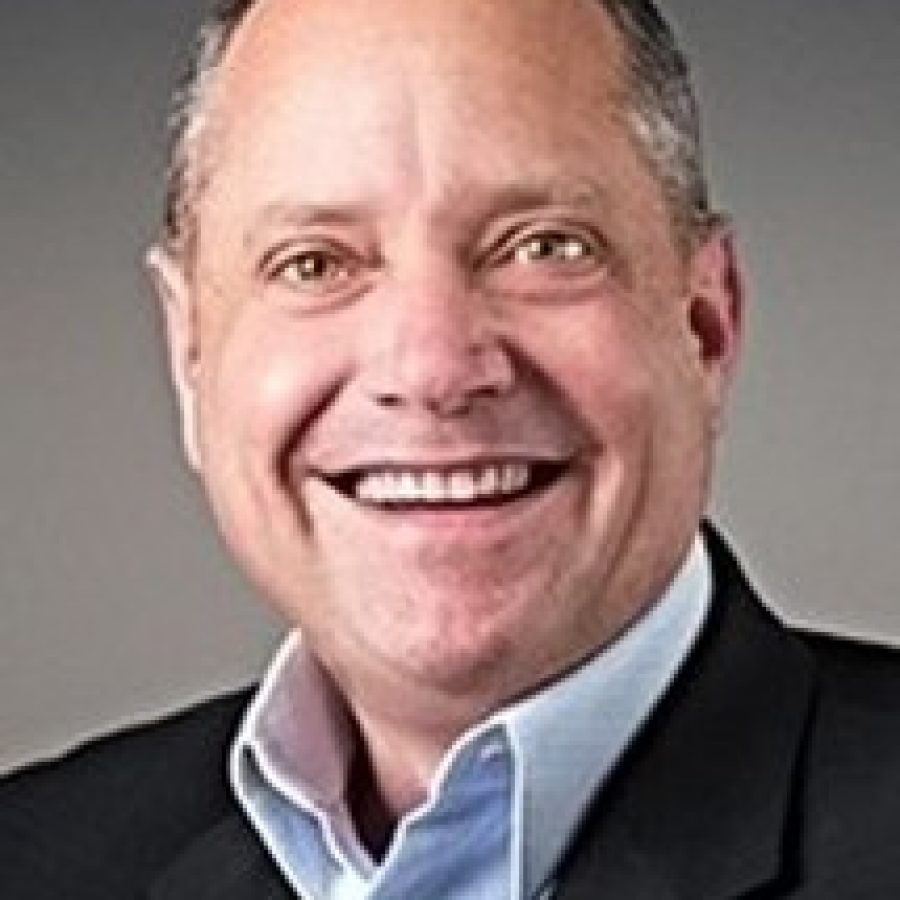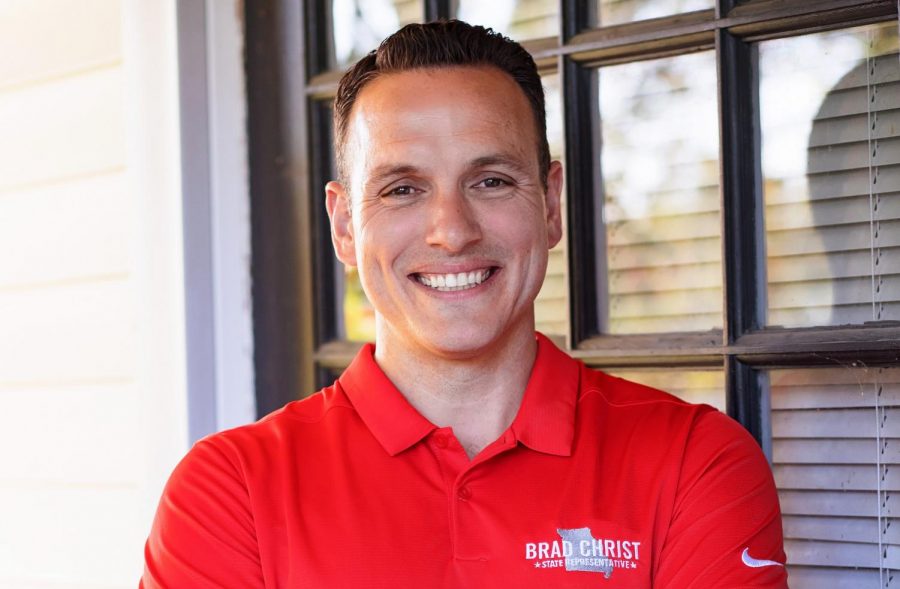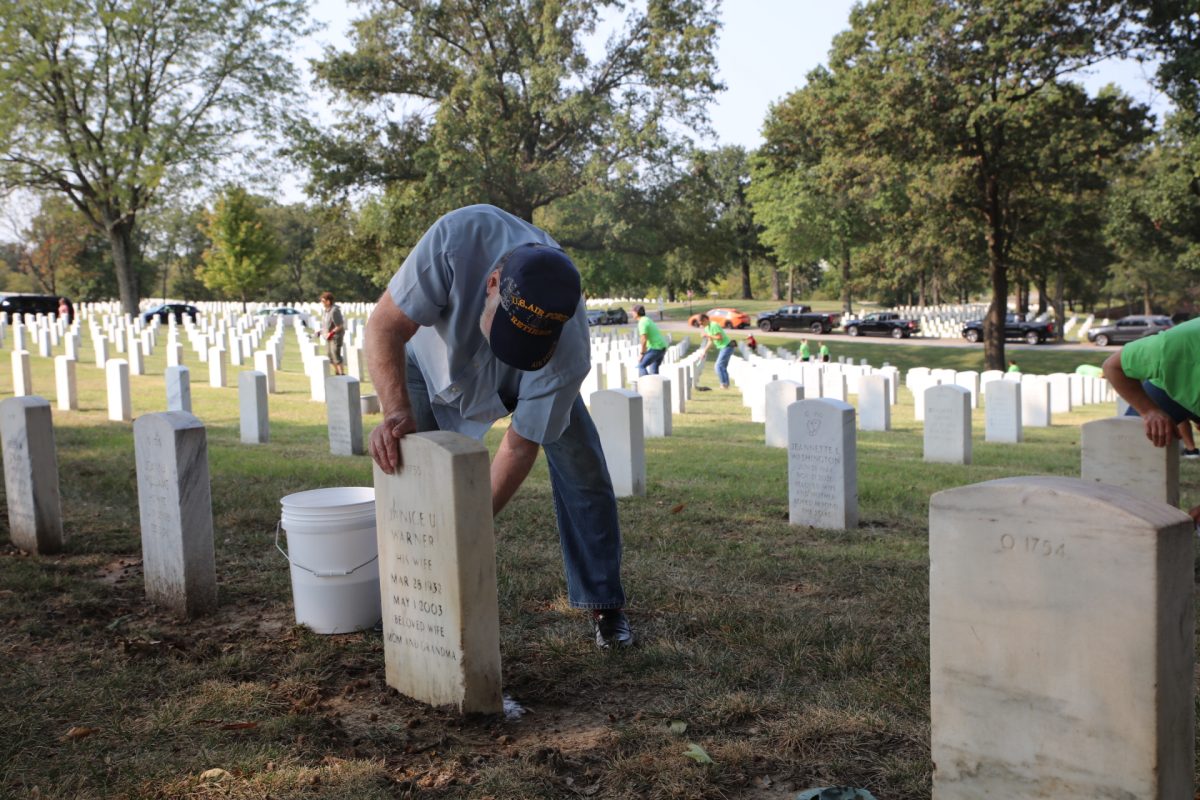A new Ward 1 aldermanic election in Sunset Hills will not take place, ending six months of uncertainty about the seat currently held by Board of Aldermen President Richard Gau.
Gau defeated former Alderman Frank Hardy in the April 5 election, but Hardy contended that the result might have gone the other way if not for the countywide ballot shortage that affected two of the three Ward 1 precincts.
But after pursuing a new election for months, attorneys for the county Board of Election Commissioners voluntarily dismissed their court case for a new election Oct. 4, without any warning to Hardy.
“I am glad this is behind me,” Gau told the Call in an email. “It is disappointing in that it took the commission this much time and that I had to cover my own legal expenses. This case should never have been brought forward — the commission’s own internal report came to that same conclusion at the beginning of all of this. In the end we achieved the desired result.”
Gau opposes Hardy’s call for a new election, noting that a review by election directors found that the shortages did not affect his victory over Hardy. Gau previously defeated then-incumbent Hardy in 2012, and Hardy lost to Ward 1 Alderman Dee Baebler in 2013.
Throughout the county, the systemic ballot shortages affected 63 precincts, and the election board has admitted that the problems unconstitutionally deprived some voters of their right to vote.
But Gau has argued that if voters were deprived of their right to vote, some of them were also his voters, not just Hardy’s.
Hardy said he received notice of the dismissal much later than Gau, who had been personally informed by his attorneys. At the time that the election board attorneys agreed to a continuance requested by Gau’s attorneys earlier in September, Hardy was set to meet with the election board attorneys to discuss the case and documentation.
But that meeting didn’t happen and after the continuance, the election board’s attorneys stopped responding to Hardy’s calls and emails “and still have not done so,” he wrote to the Call in an email.
After the election board was so gung-ho to hold another election at the time of their unanimous vote in May, the lack of follow-up puzzles the former alderman.
The board also tried to pursue a re-election in the Berkeley mayoral race won by incumbent Mayor Ted Hoskins by 10 votes.
A report from election officials showed that the ballot shortage could have changed the outcome of that election, but Judge Maura McShane ruled against a redo of the contest.
In August, however, the election board reaffirmed its commitment to pursue a new election in Sunset Hills despite the Berkeley verdict.
The Sunset Hills case is dismissed with prejudice, which means it cannot be filed again.
“Without … having that discussion and seeing that documentation, it baffles me how the board’s attorneys could decide to dismiss this case with prejudice,” said Hardy, who did not hire his own attorney in the case. “It just doesn’t make sense to me, nor does it even attempt to correct the problem of this unfair and incomplete election that the Board of Election Commissioners created and readily admitted to right after the April 5 election.”
Hardy is considering legal action of his own, he told the Call. He was set to address the election board Tuesday — after the Call went to press.
“If this action holds, I feel very sorry for all the disenfranchised voters of Ward 1 of Sunset Hills who tried to vote on April 5, but could not because of missing ballots and then were unable, for various reasons, to return to the polls later to actually get to vote and choose the candidate that they wanted to represent them in Sunset Hills government, whether it was me or Gau,” Hardy said. “Without fair and complete elections, the voters and the candidates cannot be assured of correctly elected representation.”
Hearing set on EconoLodge license
The night of the board’s Oct. 25 work session, the city will hold a public hearing on revoking the business license of the EconoLodge at 7 p.m. at City Hall, 3939 S. Lind-bergh Blvd. The work session is set to start at 6 p.m.
The board unanimously voted 7-0 to hold the public hearing on revoking the license in a Sept. 27 closed session, with the motion made by Gau and seconded by Ward 2 Alderman Steve Bersche. Baebler was absent.
The reasons for the attempted revocation of the business license are not yet public, but will be shared at the public hearing, City Administrator Eric Sterman told the Call.
The hearing is “quasi-judicial,” with both sides getting a chance to speak, and the board can vote whether to keep the EconoLodge license or revoke it, he added.
At the Oct. 11 board meeting, City Attorney Robert E. Jones said he would list the city’s reasons for the action and send it to the EconoLodge’s attorney.
Under city code, a business license can be revoked for four reasons: Fraud, misrepresentation or false statements in the application; Fraud, misrepresentation or false statements in the operation of the business; Any violation of city code or regulation or governing state law; or conducting the business “in an unlawful manner or so as to constitute a nuisance by reason of noise, disorderly conduct or immoral activity upon the business.”
Several years ago, around the time in 2013 that the Sunset Hills Police Department discovered a meth lab in a room at the EconoLodge, the city held a similar hearing with the owner of the EconoLodge and his attorney, after which the proprietor entered into an agreement for extra police monitoring.
For over a year, the EconoLodge was always mentioned at city meetings as a special line item during Chief William LaGrand’s police report. The hope at the time was that police calls and crime at the hotel would drop, but that has not happened, Sterman said.
“In fact, the calls for service have gone up,” the city ad-ministrator said.
The hotel comprises a significant number of all the city’s police calls, as well as generating numerous complaints to some aldermen from nearby business owners and residents.
When the daily police logs that LaGrand used to email to mayors and members of the Police Advisory Board came up at the Sept. 27 work session, Police Advisory Board Chairman Bersche said that the logs most often included reports that the police had, once again, responded to a call at the hotel.
At one point, the EconoLodge logged more police activity than the city’s other three hotels combined, Sterman said.









